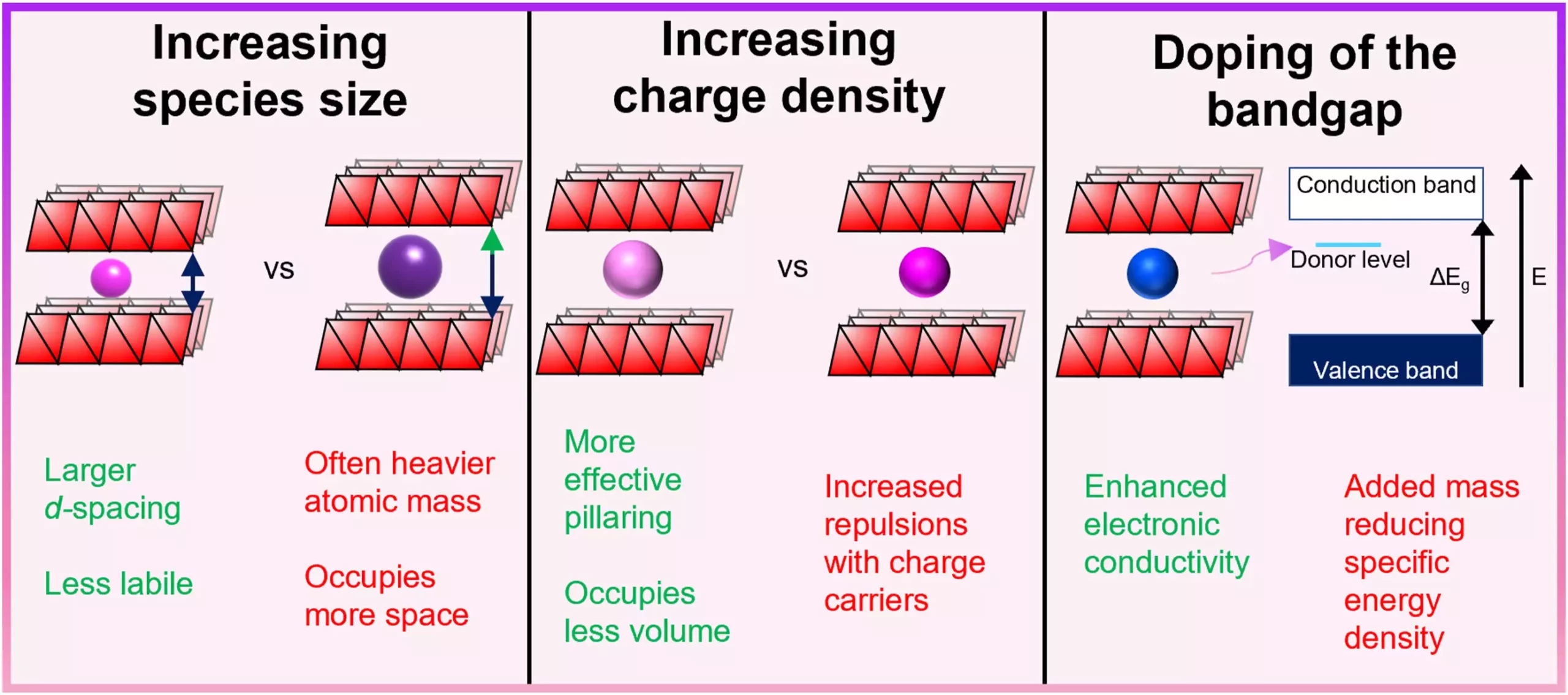As the global demand for energy storage solutions continues to escalate, the inherent limitations of lithium supplies have sparked a critical reevaluation of battery technologies. The growing concerns about lithium availability, driven by environmental and economic factors, compel researchers and industry leaders to explore alternative battery systems. Sodium, potassium, magnesium, and zinc-ion batteries are emerging as viable contenders in this transformative landscape. However, these alternatives are not without obstacles; they face significant challenges related to capacity, efficiency in charge-discharge cycles, and overall stability. This context sets the stage for pioneering research aimed at enhancing these non-lithium batteries to meet contemporary energy requirements more effectively.
In light of these challenges, an innovative method known as carrier pre-intercalation has gained attention for its potential to enhance the electrochemical performance of alternative battery materials. This approach revolves around incorporating beneficial ions into the structure of electrode materials, effectively enlarging interlayer spaces. Researchers from University College London’s Department of Chemistry have recently published a comprehensive review in eScience, elucidating how carrier pre-intercalation can significantly improve electrode materials for sodium, potassium, magnesium, and zinc-ion batteries. Techniques such as chemical and electrochemical pre-intercalation are examined for their capacity to optimize ion diffusion and electrical conductivity.
As a result, these modifications do not merely tackle performance issues but also extend the longevity and stability of alternative batteries. This enhancement is crucial, particularly as the world increasingly shifts toward renewable energy sources, necessitating robust storage solutions that can operate efficiently over extended periods.
The insights provided by this research are far-reaching, shedding light on the urgent need for sustainable energy storage systems. By successfully improving the viability of sodium, potassium, magnesium, and zinc-ion batteries, the carrier pre-intercalation method aligns with global sustainability goals. According to Dr. Yang Xu, a co-author of the study, this capability reduces reliance on lithium, a resource that is becoming scarcer and more expensive as consumer demand rises.
The broader implications of these advancements could revolutionize the energy market, influencing both energy policies and the dynamics of renewable energy adoption. Enhanced battery technologies could facilitate wider acceptance of electric vehicles and improve grid storage capabilities, ultimately fostering a more sustainable energy ecosystem.
The exploration of alternative battery technologies represents not just a response to the limitations of lithium but a proactive step toward a sustainable future. The research conducted by UCL’s Department of Chemistry emphasizes the importance of innovative approaches like carrier pre-intercalation in addressing the intrinsic shortcomings of non-lithium batteries. As the demand for efficient and sustainable energy storage solutions grows, these advancements may well lead to a transformative era for renewable energy, aligning technological progress with environmental stewardship and economic viability.


Leave a Reply